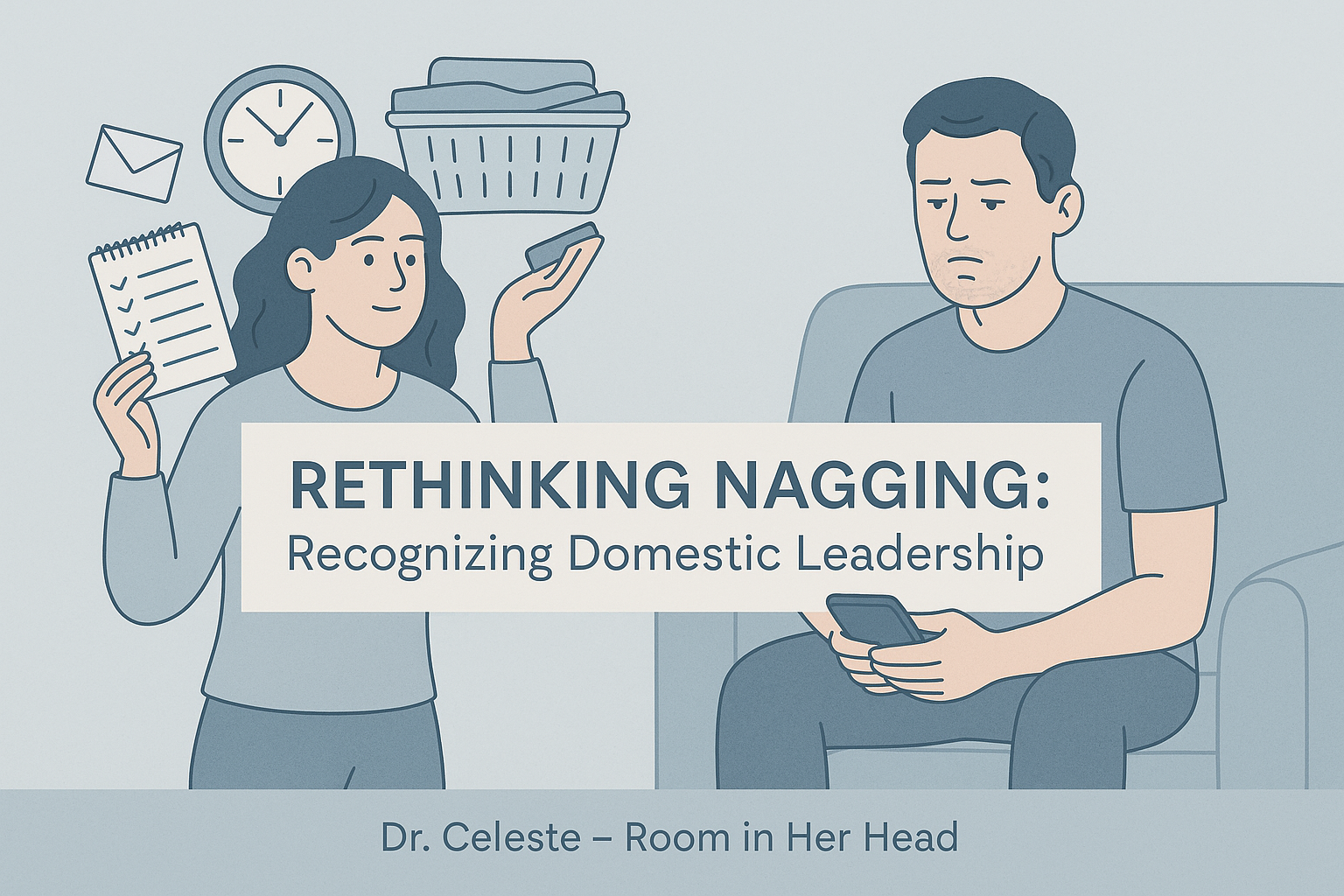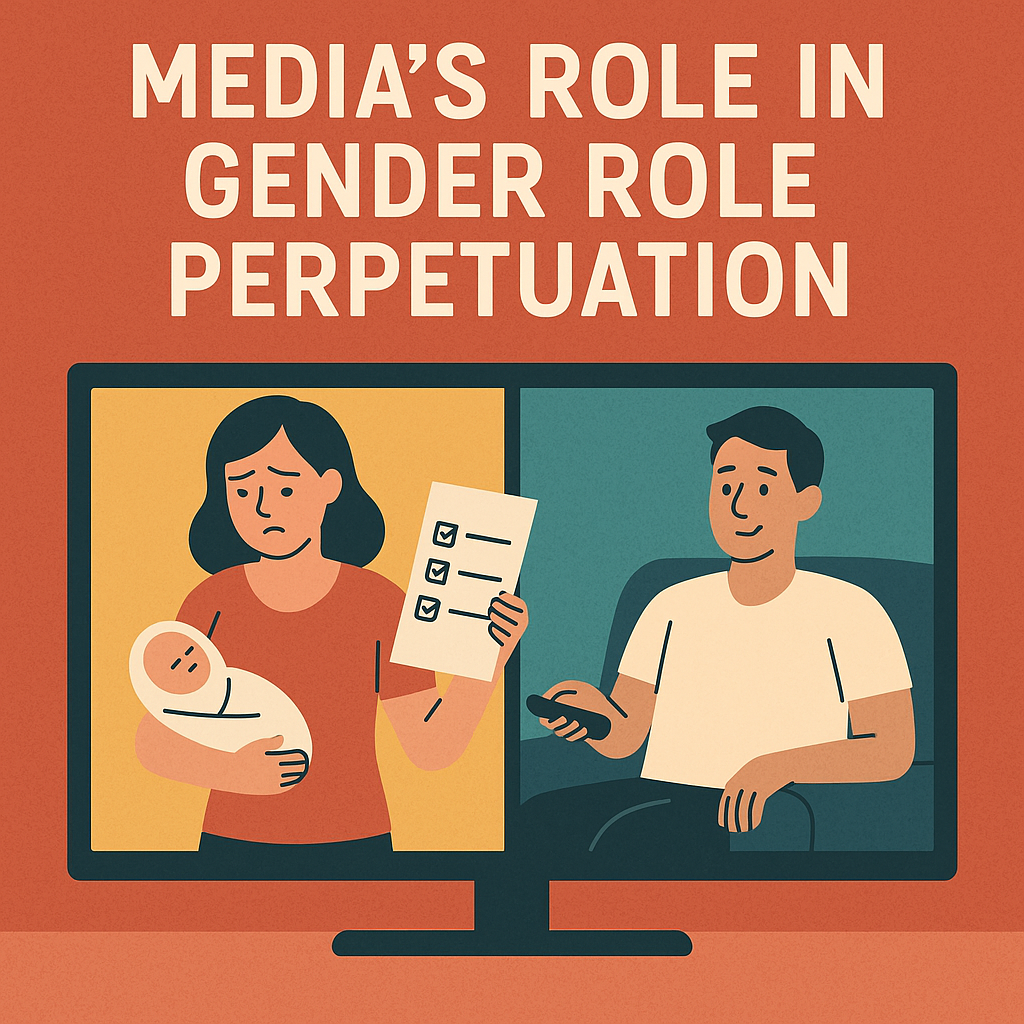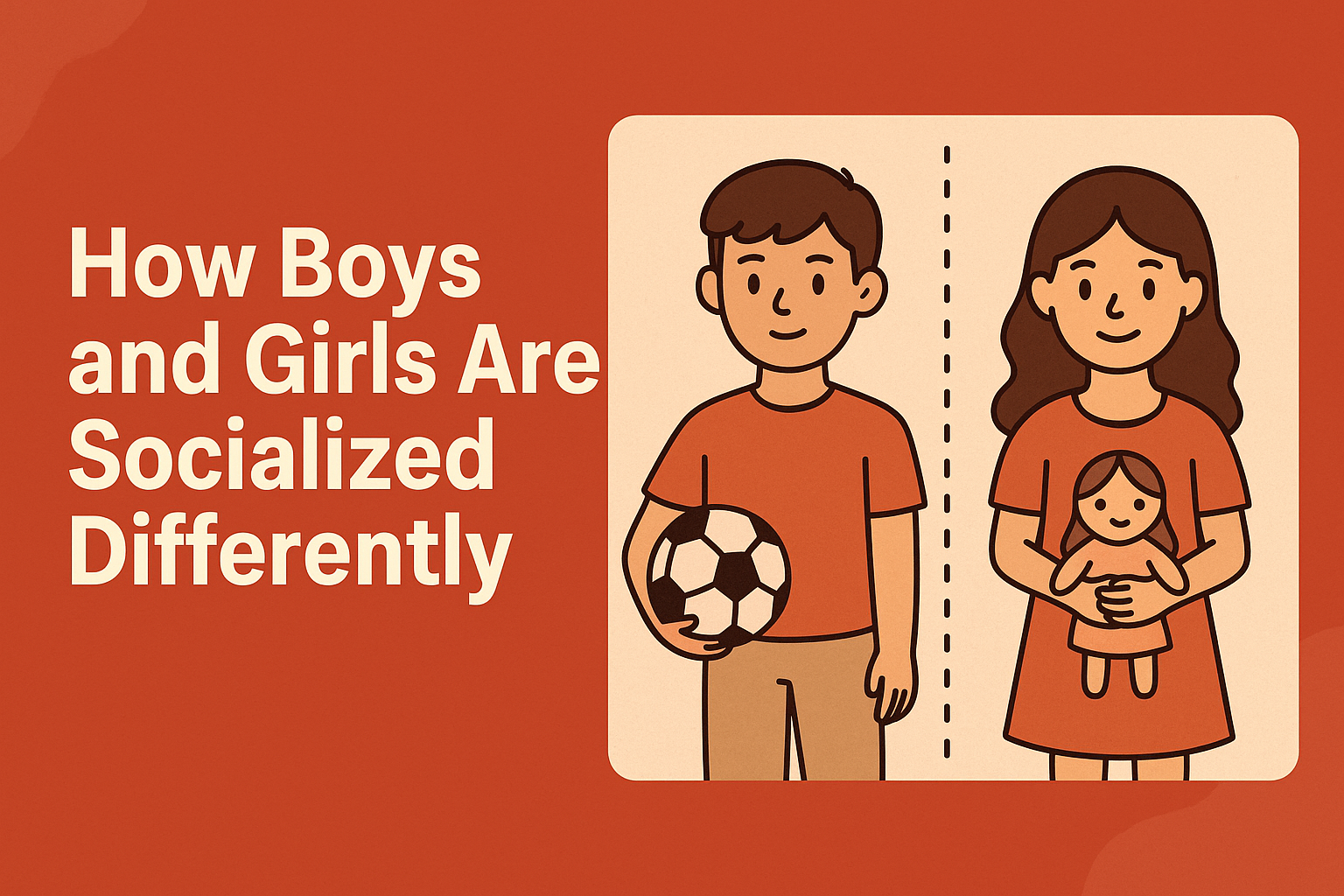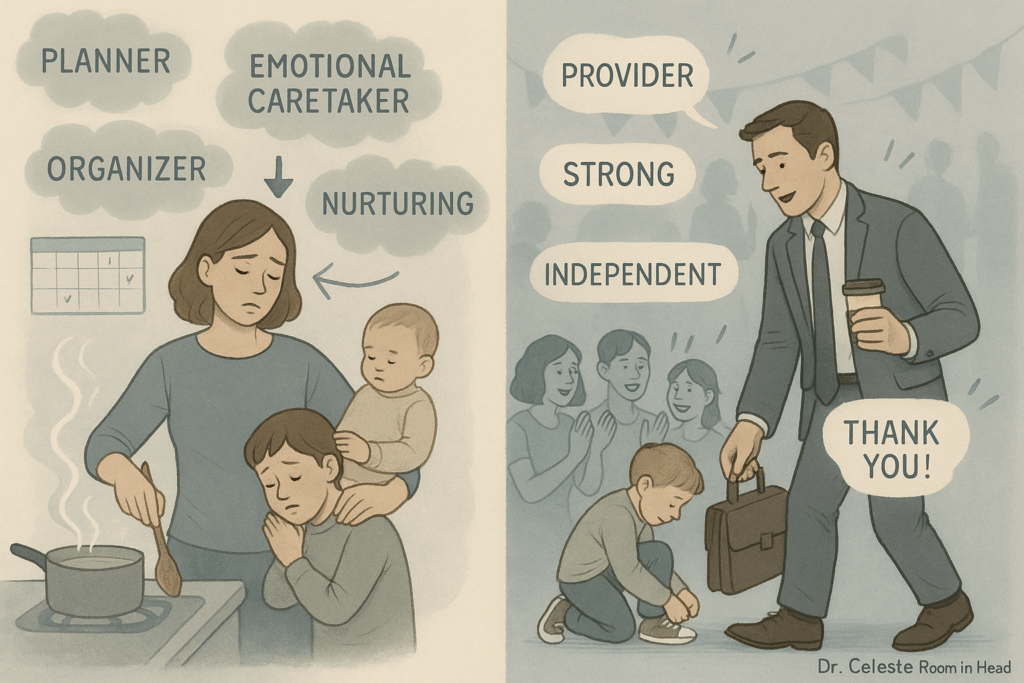Gender Scripts in Heterosexual Relationships
Every couple enters a relationship with a set of assumptions — many of which are never explicitly discussed. These assumptions are part of what researchers call “gender scripts”: culturally conditioned expectations about how men and women are supposed to behave in romantic relationships. Gender scripts influence everything from who plans dates to who sacrifices career […]
Gender Scripts in Heterosexual Relationships Read More »






